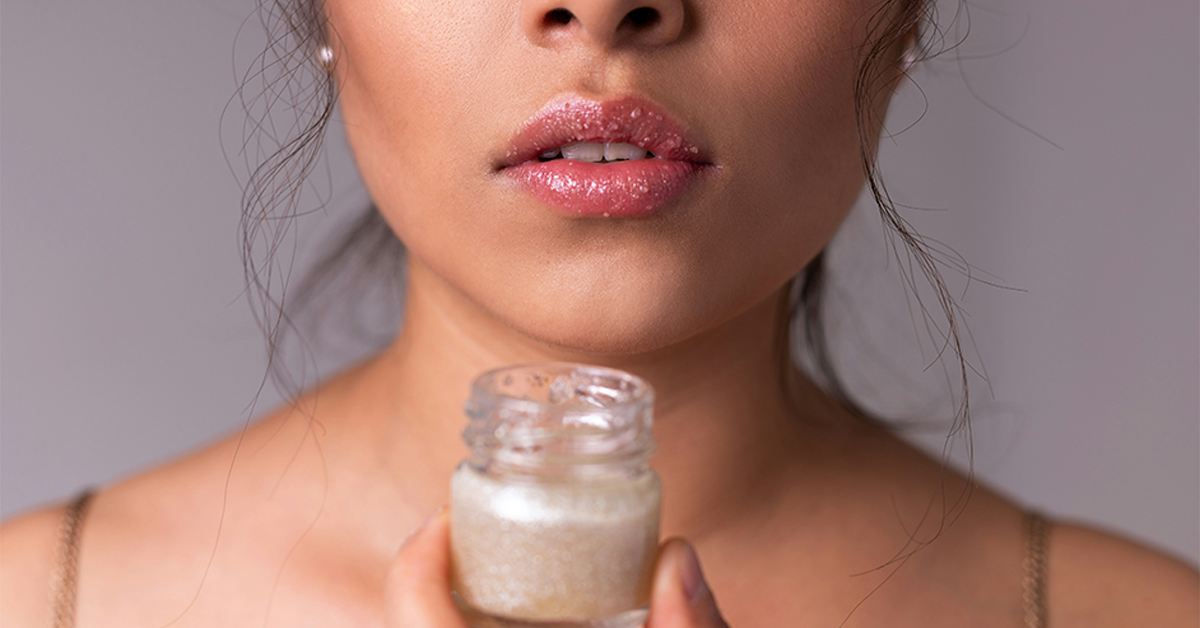All You Need to Know About Healthy Fats
You’ve probably been told to watch out for fatty foods, as they’re known to raise cholesterol levels and cause health issues like heart disease, diabetes, and obesity. While fats are often the nutrients we’re advised to avoid, a daily portion of healthy fats is actually good for your health.
Benefits of Healthy Fats
Healthy fats are essential for your body’s many functions, and may even reduce the risk of certain diseases. In fact, some vitamins require fat to dissolve in the bloodstream and deliver their nutrients. These fats also help you feel full, making them a great ally in weight management. Other benefits include:
- Boosting mood and mental health
- Supporting heart health
- Boosting energy levels
- Strengthening bones
- Supporting brain function
- Improving sleep quality
Types of Fats Explained
There are four main types of fat in our diet. Here’s a breakdown:
- Monounsaturated fat
- Polyunsaturated fat
- Saturated fat
- Trans fat
Saturated fats and trans fats are unhealthy fats. They can raise the bad (non-HDL) cholesterol in your blood, increasing the risk of strokes, heart attacks, and dementia. While unsaturated fats are beneficial for your health and help maintain healthy cholesterol levels.
Sources of Healthy Fats
Fat is just as important to your diet as protein and carbohydrates when it comes to providing your body with energy. However, eating too much fat of any type can lead to weight gain.
Monounsaturated fats
- Avocados
- Peanut butter
- Vegetable oils (olive oil, peanut oil, rapeseed oil)
- Nuts (almonds, hazelnuts, peanuts and cashews)
Polyunsaturated fats (omega-3 and omega-6 fatty acids)
- Tofu
- Walnuts and pine nuts
- Vegetable oils (Sunflower and corn oils)
- Sesame seeds, flaxseeds and sunflower seeds
- Oily fish like salmon, sardines, mackerel and kippers
Fatty Foods to Avoid
Saturated fats
● Tropical oils
● Dark chicken meat with skin
● Processed and fatty meats
● High-fat dairy foods like cheese, ice cream, sour cream, whole milk and butter.
Trans fats
● Fried foods
● Hard margarines made with hydrogenated oil.
● Vegetable shortening
● Baked goods
● Processed snack foods
Saturated vs. Unsaturated Fat
Cutting down on fatty foods that are high in saturated and trans fats, and replacing them with unsaturated fats will help you maintain your desired weight and promote good health. Telling them apart can help you figure out which fats to avoid and which to eat in moderation.
How much fat per day should you eat?
The average daily fat intake should be between 20% to 35% of total daily calories, depending on whether they’re saturated or unsaturated fats.
How to replace bad fats with good fats?
- Use vegetable oils instead of tropical oils.
- Make healthier sandwiches with vegetable or nut-based spreads.
- Swap processed meats with lean meats, fish and veggies.
- Choose unsalted nuts and fruit for snacks.
- Go for lower-fat milk options like skimmed, or plant-based milks.
- Choose lower-fat cheeses like feta or mozzarella.
- Check food labels for saturated fat content to stay within daily recommended intake.
Healthy fats can have a significant positive impact on your health when consumed in moderation. So, there’s no need to fear them, just be mindful of the fats in your diet to keep your weight in check.











